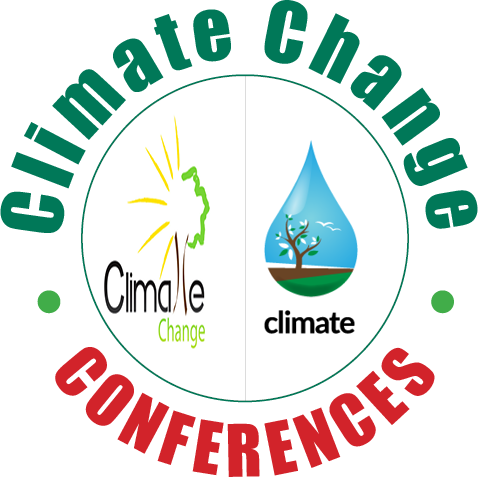
Nils-Axel Morner
Stockholm University, Sweden
Title: Climate Change: Evidence of Holocene high-amplitude events
Biography
Biography: Nils-Axel Morner
Abstract
In geology we have a long-term tradition to base our statements and conclusions on observational facts in nature itself. When it comes to climate change during the Holocene, we have very fine observational records in Scandinavia giving evidence of high-amplitude changes and past temperature 2.5 °C warmer than today.
Studies of past changes in climate have always been a natural part geology. Already in 1902, Gunnar Anderson [1] was able to demonstrate that climate in Sweden was 2.4 °C warmer than today in Mid Holocene time. During this period marsh turtle, water caltrop and Gotland ag were found in lakes and bogs in southern Sweden. A temperature about 2.5 °C warmer than today was further strengthened by the findings of casts of grape seeds in pottery from the Vrå Culture (~6000 BP). In the mountains pine logs from about 9000 BP are found 200 m above the present tree line. With the onset of the Sub-Atlantic period at about 500 BC, climate deteriorated (cooler and wetter).
So-called “recurrence surfaces” in peat bogs provide evidence of dry and warm event of multi-decadal duration (50 years, or so), recorded at 1050 AD, 500 AD, 550 BC, 1200 BC and 2300 BC [2, 3, 4]. These events were all warmer and dryer than today.
A stable isotope record from lake Tingstäde Träsk on Gotland [5] provided a continual temperature record of the Holocene; present day temperature was reached 9000 years ago and the Mid Holocene had a temperature 2.5 °C warmer than today. This is in full agreement with the temperature records from Greenland.
These records indicate that the present, post-1980, warming is by no means unique; neither in amplitude nor in rate of change.Consequently, there is no scientific reason to advocate an anthropogenic forcing for the present warming.

